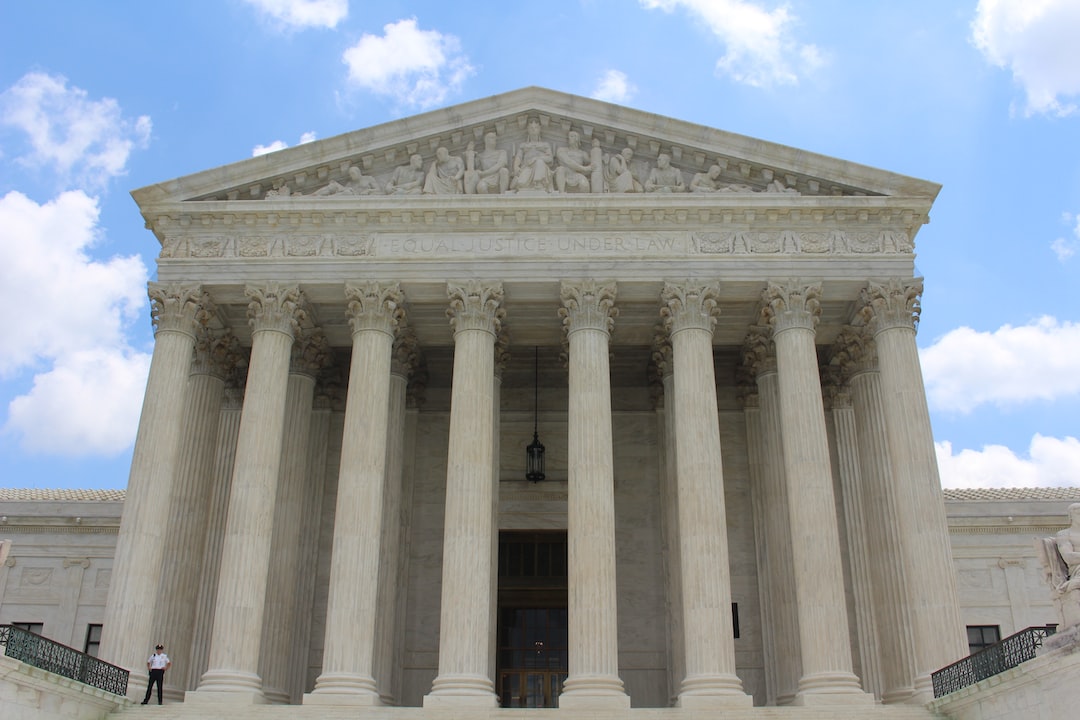Breaking Down Civil Rights Law: Protecting Your Freedoms
Civil rights laws are the cornerstone of ensuring equal rights and protections for everyone within a society. These laws are designed to safeguard individual liberties, prevent discrimination, and promote inclusion. In this blog post, we will delve into the significance of civil rights law and how it plays a crucial role in protecting our freedoms.
Civil rights laws aim to prevent discrimination based on race, gender, religion, disability, national origin, or any other protected class. These laws are essential as they ensure that no individual or group is denied their rights due to prejudice or bias. By prohibiting discriminatory actions in areas such as employment, housing, public accommodations, and education, civil rights laws foster a more inclusive and just society.
One of the critical components of civil rights law is protecting freedom of speech and expression. The First Amendment of the United States Constitution guarantees everyone the right to freely express their ideas, thoughts, and beliefs. This freedom allows for open debate, the exchange of diverse perspectives, and ultimately contributes to a more democratic society. Civil rights laws work to safeguard these fundamental freedoms, ensuring that individuals are not censored or silenced due to their ideas, regardless of their race, gender, or background.
Furthermore, civil rights laws defend our right to practice our chosen religion freely. Freedom of religion allows individuals to worship, follow their beliefs, and engage in religious rituals without fear of persecution or discrimination. These laws protect individuals from being treated unfairly in employment, housing, or public services due to their religious choices or beliefs. As a society that values diversity, these protections are essential to maintaining a harmonious and inclusive environment for all individuals to practice their faith freely.
Civil rights laws also encompass protecting individuals with disabilities. These laws aim to ensure equal opportunities and access to goods, services, and employment for people with disabilities. By prohibiting discrimination in all areas, including employment, public transportation, and education, these laws empower individuals with disabilities to participate fully in society. This protection not only guarantees their rights but also fosters a more inclusive and understanding community that embraces diversity.
When civil rights laws are broken, individuals have the right to seek justice through legal recourse. These laws provide a platform for those who have been discriminated against to hold the responsible parties accountable for their actions. Remedies such as compensatory damages, injunctive relief, and attorney fees can be awarded to victims of discrimination. By enforcing civil rights laws, we create a society that values equality and justice for all.
In conclusion, civil rights laws are integral to protecting our freedoms and ensuring a fair and just society. These laws aim to prevent discrimination and create a level playing field for everyone, irrespective of their race, religion, gender, disability, or national origin. By safeguarding our freedom of speech, religion, and protecting individuals with disabilities, civil rights laws contribute to a more inclusive, diverse, and democratic society. It is crucial for all individuals to be aware of their rights under civil rights laws and to promote and protect these laws to ultimately secure and preserve our freedoms.

